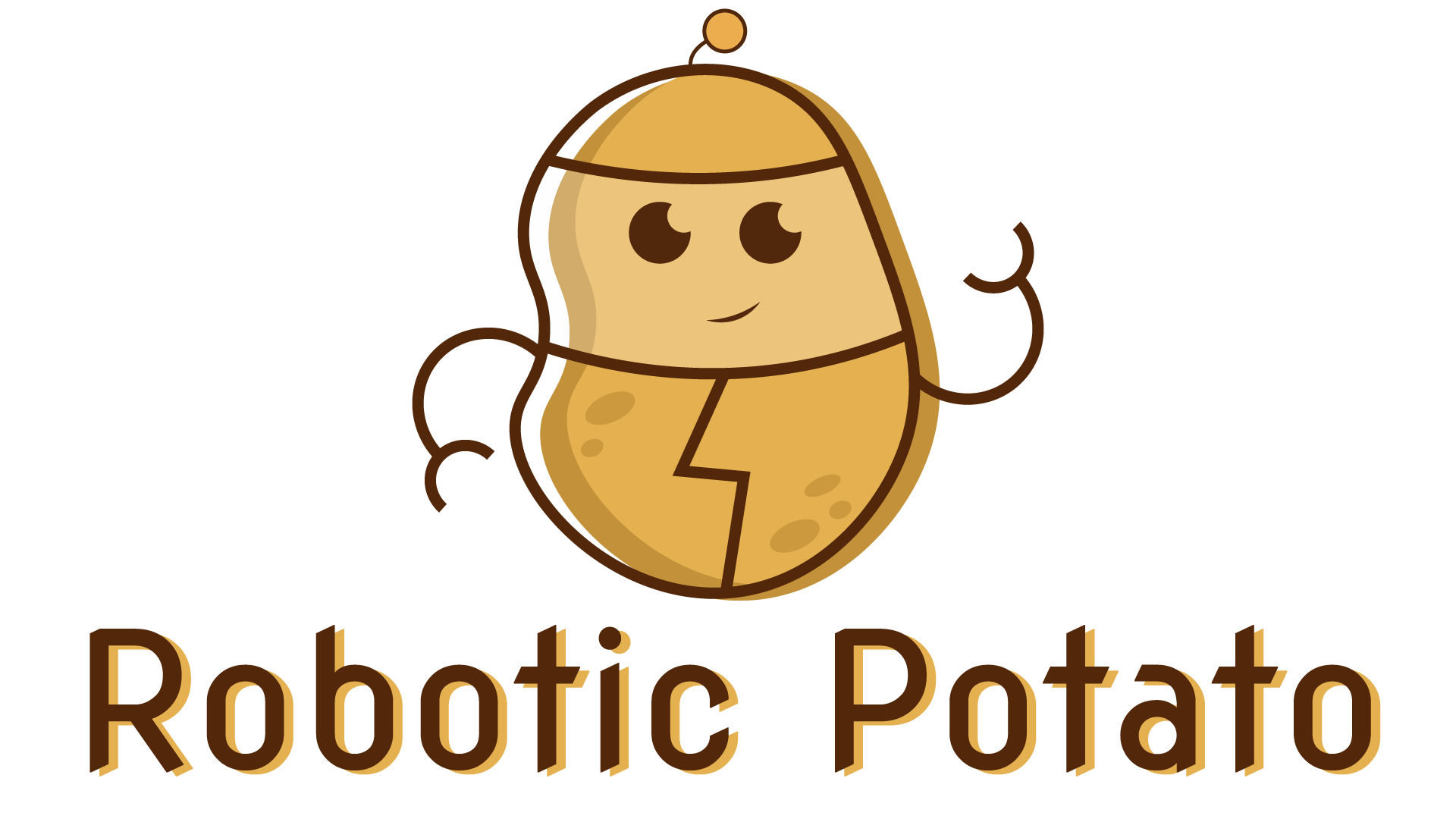As businesses continue to navigate the ever-evolving landscape of digital marketing, one thing remains clear: effective content marketing is crucial for driving engagement, building brand awareness, and ultimately, boosting revenue. However, creating high-quality, engaging content that resonates with target audiences has become increasingly challenging, especially with the rise of intense competition and rapidly changing consumer preferences. This is where artificial intelligence (AI) comes into play – by leveraging AI-powered strategies, marketers can unlock new levels of efficiency, creativity, and personalization in their content marketing efforts.

Unlocking the Power of AI in Content Marketing
As a content marketer, I’m always looking for ways to stay ahead of the curve and deliver high-quality content to my audience.
- I’ve found that incorporating AI into my content strategy has been a game-changer, allowing me to better understand my audience and create content that resonates with them.
- AI tools can help you analyze consumer behavior, identify patterns, and anticipate future trends, giving you a competitive edge in the market.
- One of the biggest advantages of using AI in content marketing is its ability to automate repetitive tasks, freeing up time for more creative and strategic work.
- For example, AI-powered content generation tools can help you create high-quality content quickly and efficiently, saving you time and resources.
- Another benefit of AI in content marketing is its ability to provide valuable insights and recommendations for strategic decision-making.
- By leveraging AI, you can gain a deeper understanding of your audience’s needs and preferences, allowing you to tailor your content to meet those needs.
- Some popular AI tools for content marketing include:
- HubSpot’s Content Optimization Tool
- Ahrefs
- SEMrush
- Content Blossom
- When choosing an AI tool for content marketing, consider the following factors:
- Accuracy and reliability
- Ease of use and integration
- Scalability and flexibility
- Cost-effectiveness and ROI
- Ultimately, the key to successful AI-powered content marketing is finding the right balance between human creativity and AI-driven insights.
- By combining the strengths of both, you can create high-quality content that resonates with your audience and drives real results.
Benefits of AI-Powered Content Generation
AI-powered content generation tools can help you create high-quality content quickly and efficiently, saving you time and resources.
- Increased productivity and efficiency
- Improved content quality and consistency
- Enhanced audience engagement and satisfaction
- Better search engine optimization (SEO)
Best Practices for Implementing AI in Content Marketing
To get the most out of AI in content marketing, follow these best practices:
- Start small and experiment with different AI tools and techniques
- Monitor and analyze your results to optimize your approach
- Combine AI-driven insights with human creativity and judgment
- Continuously educate yourself on the latest developments and trends in AI and content marketing
Conclusion
AI has the potential to revolutionize the field of content marketing, enabling us to create high-quality content that resonates with our audience and drives real results.
Can You Use AI for Marketing?
We’re living in an era where artificial intelligence (AI) has become an integral part of our daily lives, and its impact on marketing is undeniable.
- A recent study found that 61% of marketers believe AI will revolutionize the marketing industry in the next five years.
- Another survey revealed that 71% of companies already use AI-powered tools for marketing purposes.
The Benefits of Using AI in Marketing
AI can bring numerous benefits to your marketing strategy, including:
- Personalization**: AI enables you to create highly targeted and personalized campaigns based on individual customer behavior and preferences.
- Automation**: AI can automate repetitive tasks, freeing up your team to focus on high-level creative work and strategy.
- Data Analysis**: AI can analyze vast amounts of data, providing valuable insights into customer behavior, preferences, and pain points.
- Content Creation**: AI can assist in generating high-quality content, such as blog posts, social media posts, and product descriptions.
Popular AI Marketing Tools
There are many AI marketing tools available, each with its unique features and capabilities. Some popular options include:
- HubSpot : An all-in-one marketing platform that includes AI-powered tools for lead generation, email marketing, and content creation.
- Marketo : A marketing automation platform that uses AI to personalize customer experiences and optimize marketing campaigns.
- Sailthru : A marketing automation platform that uses AI to personalize customer experiences and optimize marketing campaigns.
- Snov.io : A sales and marketing automation platform that uses AI to personalize customer outreach and optimize sales processes.
Best Practices for Implementing AI in Marketing
To get the most out of AI in marketing, follow these best practices:
- Start small**: Begin with a pilot project or a small-scale implementation to test the waters and gauge the effectiveness of AI in your marketing efforts.
- Choose the right tools**: Select AI marketing tools that align with your marketing goals and objectives.
- Train your team**: Educate your team on how to effectively use AI marketing tools and integrate them into your existing workflows.
- Monitor and adjust**: Continuously monitor the performance of your AI marketing efforts and make adjustments as needed to optimize results.
Conclusion
In conclusion, AI has the potential to revolutionize the marketing industry, and its benefits are undeniable. By understanding the benefits of AI in marketing, choosing the right tools, and implementing best practices, you can unlock the full potential of AI and take your marketing efforts to the next level.

Can I Use AI for Content Creation?
I’ve been exploring the world of AI-powered content creation, and I’m excited to share my findings with you.
- Speed Up Your Content Creation Process
- Improve Quality and Consistency
- Enhance Productivity and Efficiency
How to Get Started with AI-Powered Content Creation
- Choose the Right Tools : Select AI-powered tools that align with your content goals and needs.
- Understand the Capabilities and Limitations : Familiarize yourself with the strengths and weaknesses of AI-generated content.
- Develop a Content Strategy : Plan and execute a content strategy that incorporates AI-generated content effectively.
Benefits of Using AI for Content Creation
- Increased Speed and Efficiency : AI can automate repetitive tasks, freeing up time for more creative work.
- Improved Quality and Consistency : AI can analyze and learn from large datasets, producing high-quality content consistently.
- Enhanced Productivity and Efficiency : AI can handle mundane tasks, allowing humans to focus on high-level creative decisions.
Popular AI-Powered Content Creation Tools
- Copy.ai
- HubSpot Content Creation
- Content Blossom
Best Practices for Using AI in Content Creation
- Human Oversight and Review : Ensure human editors review and fact-check AI-generated content.
- Transparency and Disclosure : Clearly indicate when content has been generated using AI.
- Continuously Monitor and Improve : Regularly evaluate and refine AI-generated content to maintain quality and consistency.

What is Generative AI for Content Marketing?
Generative AI in content marketing refers to the use of artificial intelligence algorithms to create high-quality, engaging content such as articles, social media posts, and product descriptions.
- These AI models can write copy from an outline or prompt, making them ideal for short-form content like blog posts, emails, social media posts, and digital advertising.
- However, their content creation abilities go beyond straightforward text generation and include:
- Generating images from a text description
- Creating videos based on script outlines
- Developing personalized product recommendations
- Optimizing content for search engines
Generative AI models can be trained on vast amounts of data, allowing them to learn patterns and relationships between words, concepts, and ideas. This enables them to generate content that is not only coherent but also engaging and relevant to the target audience.
The benefits of using generative AI in content marketing include increased efficiency, improved consistency, and enhanced creativity. With AI-generated content, marketers can save time and resources while producing high-quality content that resonates with their audience.
Some popular applications of generative AI in content marketing include:
- Chatbots and conversational interfaces
- Content suggestion and recommendation systems
- Personalized email marketing campaigns
- Social media management and scheduling tools
As the field of generative AI continues to evolve, we can expect to see even more innovative applications in content marketing. By leveraging the power of AI, marketers can stay ahead of the curve and deliver exceptional customer experiences that drive engagement and conversion.
Key Players in the Generative AI Market
Several companies are leading the charge in generative AI, including:
- OpenAI
- Microsoft Research
- NVIDIA
Best Practices for Implementing Generative AI in Content Marketing
To get the most out of generative AI in content marketing, follow these best practices:
- Define clear goals and objectives for your content marketing strategy
- Select the right type of generative AI model for your needs
- Train your AI model on high-quality, relevant data
- Monitor and evaluate the performance of your AI-generated content
- Continuously refine and improve your AI model to optimize results
Monetizing AI-Generated Content
As a creator of AI-generated content, there are several ways to monetize your creations.
- Advertising Revenue
- Sponsored Content
- Licensing and Royalties
- Affiliate Marketing
- Premium Content Offerings
- Merchandise and Branding
- Subscription-Based Models
You can monetize your AI-generated content through advertising revenue by joining platforms like YouTube’s Partner Program or other video-sharing sites.
Partner with brands to create sponsored content that promotes their products or services.
You can license your AI-generated content to other companies or individuals, earning royalties from its use.
Promote products or services and earn a commission for each sale made through your unique referral link.
Offer exclusive premium content to loyal fans or subscribers, generating additional revenue streams.
Create and sell merchandise featuring your AI-generated content, building a brand identity and generating revenue.
Implement subscription-based models, offering exclusive content or perks to loyal fans in exchange for a recurring fee.
Key Considerations
When monetizing AI-generated content, consider factors like audience engagement, content quality, and platform policies to maximize earnings.
Best Practices
Follow these best practices to effectively monetize your AI-generated content:
- Understand your target audience and tailor your content accordingly.
- Develop high-quality, engaging content that resonates with your audience.
- Familiarize yourself with platform policies and guidelines.
- Diversify your revenue streams to minimize dependence on a single source.
- Continuously evaluate and adjust your monetization strategy based on performance data.

Applying Generative AI in Marketing
As a marketer, leveraging generative AI can revolutionize your approach to reaching customers, understanding their needs, and crafting effective campaigns.
-
Customer Sentiment Analysis
Generative AI can analyze vast amounts of customer data, including reviews, feedback, and social media comments, to create synthetic textual data reflecting different sentiment polarities.
This enables marketers to gain deeper insights into customer emotions, preferences, and pain points, allowing for more targeted and empathetic marketing strategies.
-
Content Generation
With generative AI, marketers can automate content creation, producing high-quality, engaging content that resonates with target audiences.
This includes generating product descriptions, social media posts, blog articles, and even entire marketing campaigns, freeing up time for more strategic and creative work.
-
Predictive Analytics
Generative AI can predict customer behavior, purchase decisions, and market trends, empowering marketers to make informed decisions and optimize their strategies accordingly.
This predictive power allows marketers to stay ahead of the competition, anticipate changes in consumer demand, and adjust their marketing efforts to maximize ROI.
-
Personalization
Generative AI can help marketers create personalized experiences for customers, tailoring messages, offers, and content to individual preferences and behaviors.
This level of personalization fosters stronger relationships between brands and customers, driving loyalty, retention, and ultimately, revenue growth.
-
Campaign Optimization
Generative AI can analyze campaign performance, identifying areas for improvement and suggesting data-driven optimizations to boost effectiveness.
This iterative process ensures that marketing campaigns are continually refined, resulting in better ROI, increased conversions, and improved overall performance.
Best Practices for Implementing Generative AI in Marketing
To get the most out of generative AI in marketing, consider the following best practices:
-
Start Small
Begin by applying generative AI to a specific aspect of your marketing strategy, such as content generation or customer sentiment analysis.
This allows you to test the waters, refine your approach, and scale up gradually.
-
Monitor and Adjust
Continuously monitor the performance of your generative AI-powered marketing initiatives and make adjustments as needed.
This ensures that your strategies remain effective, efficient, and aligned with your marketing goals.
-
Foster Human-AI Collaboration
Generative AI is meant to augment human capabilities, not replace them.
By combining the strengths of humans and AI, you can unlock innovative marketing ideas, streamline processes, and drive exceptional results.
Conclusion
Generative AI has the potential to transform marketing, enabling marketers to create more personalized, effective, and efficient campaigns.
By embracing these cutting-edge technologies and adopting best practices, marketers can stay ahead of the curve, drive business growth, and deliver exceptional customer experiences.

0 Comments